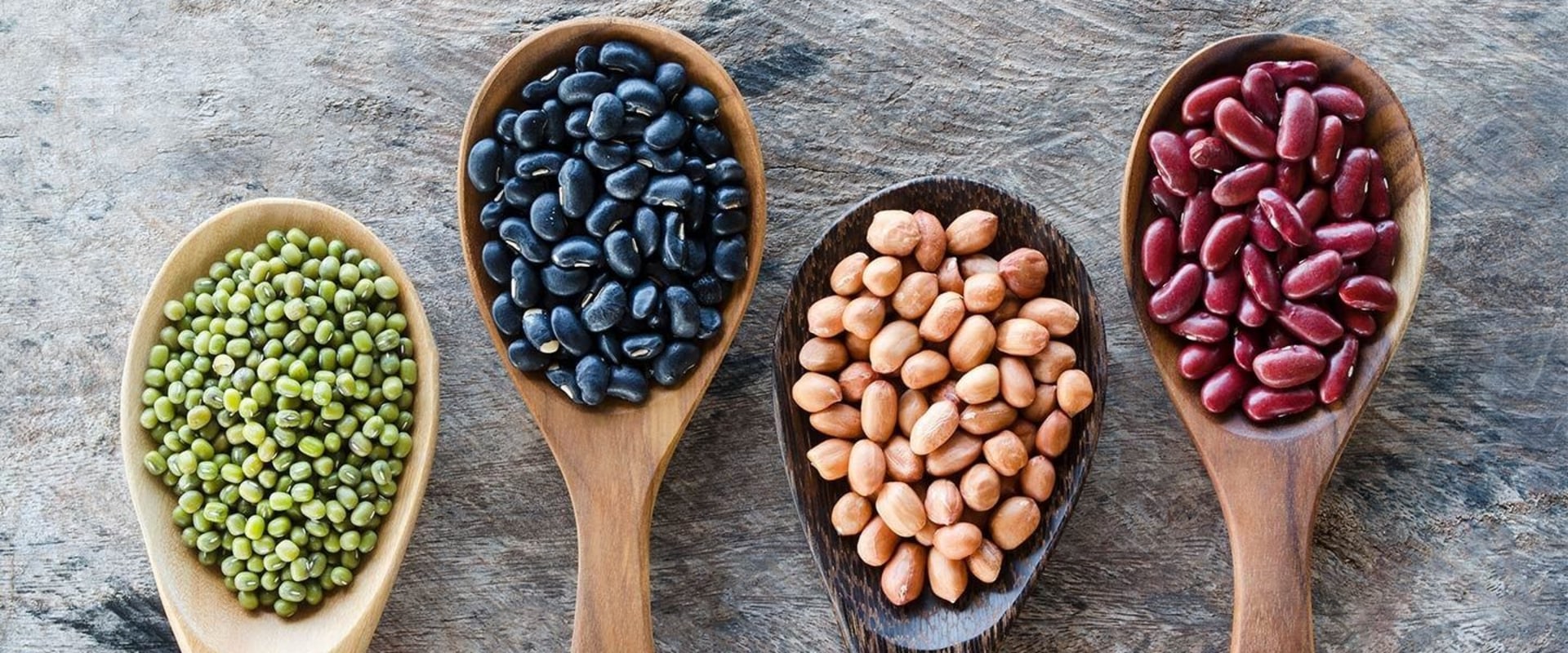Vitamin B Complex is one of the essential vitamins for maintaining health and well-being. It is a group of eight B vitamins that work together to help your body function properly. Vitamin B Complex helps with energy production, brain and nervous system health, and many other bodily functions. In this article, we'll discuss all the important aspects of Vitamin B Complex, including its benefits, sources, and recommended daily intake.
Vitamin B Complex is an important part of a healthy diet, as it helps the body break down and use the food we eat for energy. It also helps to keep our skin, hair, eyes, liver, and nervous system healthy. Additionally, Vitamin B Complex helps support the immune system and can help prevent some chronic diseases. It's important to get enough Vitamin B Complex each day to ensure you're getting all the benefits it has to offer.
Read on to learn more about what Vitamin B Complex is and why it's so important for your overall health.
The 8 Vitamins of B Complex
The B complex is comprised of 8 vitamins, each of which plays an essential role in the maintenance of good health. The 8 vitamins are: thiamin (B1), riboflavin (B2), niacin (B3), pantothenic acid (B5), pyridoxine (B6), biotin (B7), folate (B9), and cobalamin (B12).Thiamin (B1)
helps the body to convert carbohydrates into energy and aids in the metabolism of fats and proteins. It can also help to keep the nervous system functioning properly.Riboflavin (B2)
helps to convert carbohydrates, proteins, and fats into energy and aids in the formation of red blood cells.It also helps to keep the skin, eyes, and nervous system healthy.
Niacin (B3)
plays an important role in metabolism, helping to convert food into energy. It also helps to keep the skin, digestive system, and nervous system functioning properly.Pantothenic Acid (B5)
helps to break down carbohydrates, proteins, and fats and is important for the production of hormones and cholesterol.Pyridoxine (B6) helps to produce red blood cells, maintain nerve function, and break down carbohydrates and proteins.
Biotin (B7)
helps to metabolize carbohydrates, fats, and proteins and is important for healthy hair, skin, and nails.Folate (B9)
helps to form red blood cells and is important for proper cell division and growth.Cobalamin (B12)
helps to form red blood cells and is important for proper brain function and nervous system health.The B vitamins are an essential part of a healthy diet, as they are involved in many important processes within the body. They are found in a variety of foods, and deficiencies can lead to a range of health problems. By ensuring adequate intake of B vitamins, we can help to protect our health and wellbeing. Getting enough of the eight B vitamins can be beneficial for overall health and wellbeing. Taking a B-complex supplement may be beneficial for some individuals, but it is important to speak to a healthcare professional about any potential risks or interactions with medications.
Eating a varied and nutritious diet is the best way to ensure you get all the B vitamins you need.







